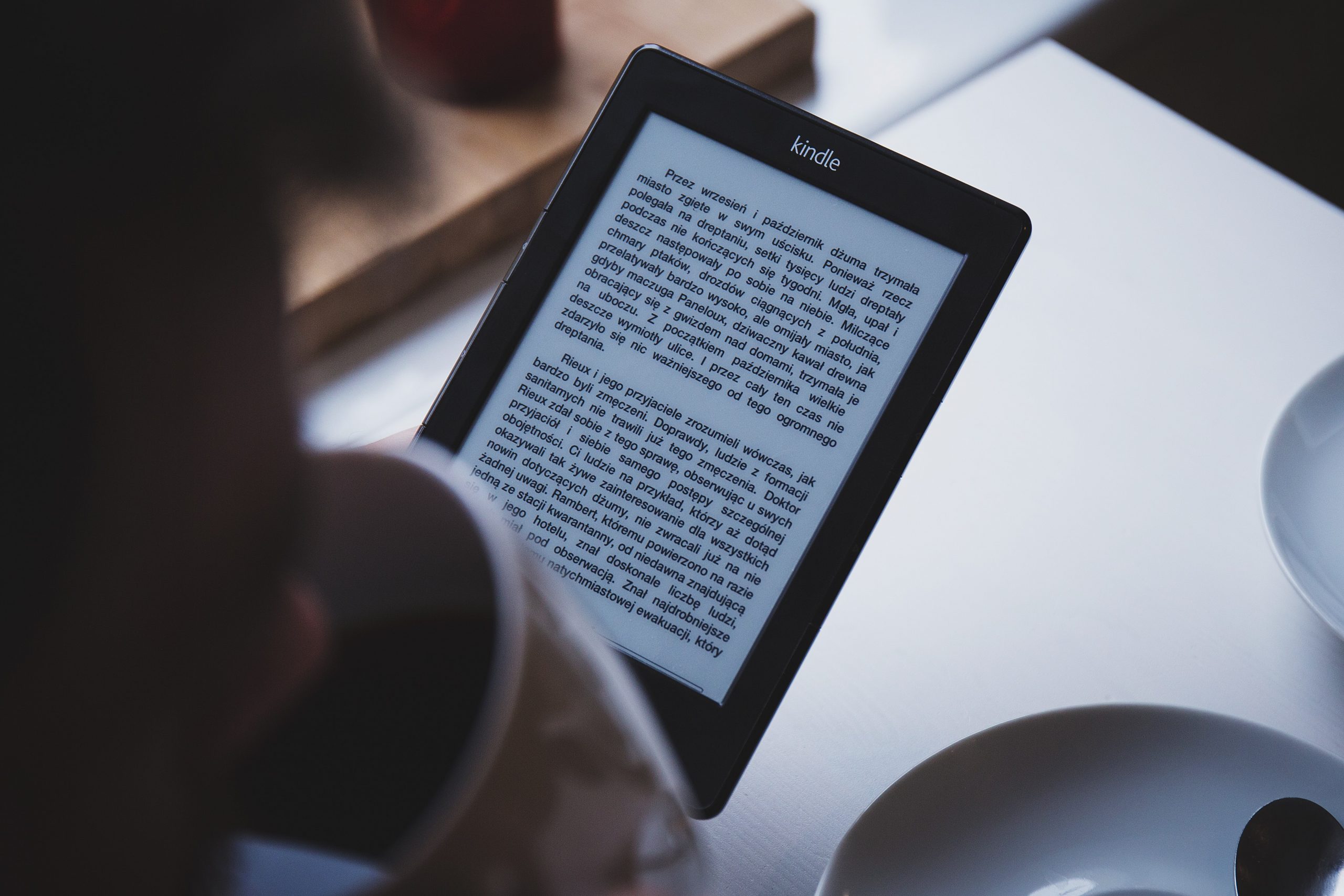(There is nothing we can’t learn from a book, right? We go through all of these complex ways to improve ourselves, from courses to treks to retreats. Yet, when it comes down to it, sitting down and reading the words of others is how we gain the knowledge of our elders.
While we are certain of the importance of the written word, we are not so clear on how we devour the material. Some people are fervent buyers of the paper-based book. They love the act of buying and then storing the book on the shelf. Others, well, they see this as so last century and use their e-reader or their tablet to collect a vast library on one device.
In short, there is nothing less than a civil war between book lovers. Here’s an exploration of the divide between the page reader and the screen reader.
The Young Love the E-reader
While we would love to think of armies of librarians taking to the battlefield to fight for the right to read in their preferred way, the truth likely has more to do with age. A study in 2014 found that 10th grade students, especially the more reluctant readers, much preferred reading from the screen. The overlap with other electronic devices makes it a more natural environment for the younger reader.
However, experiments in Norway found if you can persuade a younger person to pick up a paperback, then you are likely to keep them reading for longer. Our memory retention and focus when reading from paper is far superior. Those who choose to read from paper are more likely to remember the plot, which suggests they have been thoroughly engrossed in the experience.
Also, according to a study out of the UK, millennials are popularizing print and the most e-readers are sold to the over-45s. Pew Research in the U.S. found a similar trend, where 75% of 18 – 29 year olds claim to have read a physical book — much higher than you would imagine.
A Relaxing, Tactile Experience
The argument for paper-based reading is based on the tactile experience of the pages passing by — the pages on the left growing as the pages on the right diminish. There is the feel and the smell of the book. There is the placement of the book mark and for those who are callous, the folding over of the corner of the page.
It is also a better experience for people who struggle to read. The luminance of the screen is a major cause of insomnia and eye fatigue. Therefore, avoiding the constant exposure to artificial light will have a much better impact on your health.
The Visually Impaired
In our battle of the e-reader versus paper, the e-reader is superior in the support it gives to visually impaired people who love to read. The ability to change the size of the font is a simple device but one that is essential to those who struggle to see. For dyslexics, the e-reader is also a blessing, as you can change the spacing of lines and the color of the back screen to help prevent the letters from moving around the screen.
The Bubble Has Burst
However, and it is a huge counterargument to those who love the screen, a report on CNBC was clear that the bubble around e-readers has all but burst. Print books made over $22 billion last year and e-books a mere $2 billion. At the end of the day publishers recognize that people who love to read have a fondness for the physical book that cannot be shaken.
The true book lover enjoys seeing a record of what they have read and using them as a means of decorating the home. They are signalling to the world their desire to learn and devour the thoughts and expertise of others.
Some wonder if it is truly an either/or scenario. All this warring to and fro between the page and the screen is pointless when you can still choose to do either. What is clear is that there is a huge desire for the written word and the publishing sector is as strong as ever. For those looking to think about how to deliver the written word to the consumer, the suggestion would be to use both formats: print and screen. Consumer choice is always the way to make sure everyone is happy.
Page Versus Screen
Which is the best way to read a book? You don’t have to come down on one side of the argument or the other. People who go to a bookstore to handle the many books in person are ferociously devoted. However, e-reader fanatics are becoming equally ardent in their views. So, in the face of such passion, it’s best to just hold up your hands and say: whatever suits you!
















